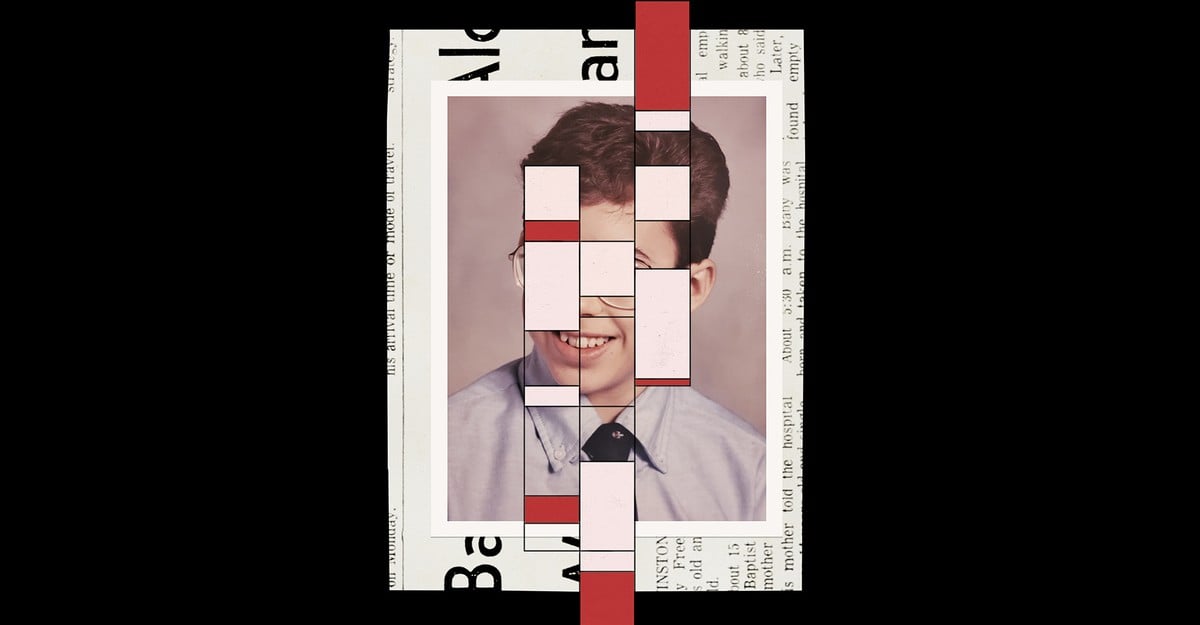- cross-posted to:
- health@lemmy.world
- cross-posted to:
- health@lemmy.world
The geneticist Jim Wilson, at the University of Edinburgh, was shocked by the frequency he found in the U.K. Biobank, an anonymized research database: One in 7,000 people, according to his unpublished analysis, was born to parents who were first-degree relatives—a brother and a sister or a parent and a child. “That’s way, way more than I think many people would ever imagine,” he told me. And this number is just a floor: It reflects only the cases that resulted in pregnancy, that did not end in miscarriage or abortion, and that led to the birth of a child who grew into an adult who volunteered for a research study.
Most of the people affected may never know about their parentage, but these days, many are stumbling into the truth after AncestryDNA and 23andMe tests.



While I agree with you in principle, I actually do think that 1/7k is unexpectedly high. If 1/10k people had an incestuous relationship, that would be low enough that I wouldn’t find it surprising. This study, if we take it to be cross-sectional, implies that the rate of incidence is much higher, at least on the order of 1/1k, possibly something around 1%. I don’t know the frequency that people of incestuous individuals have a child as a result, but the idea of it being higher than 1/7 strikes me as unlikely. Of course, multiple children can result from a pairing, so that has the potential to sway the numbers, but I’d hope that incestuous individuals are less likely to desire children from the relationship, and as a result would take a pregnancy as a sign to stop.
One in a Thousand ist still low enough that it is very likely you will never meet a person involved with this in your entire life. In the EU the rate of traffic death per 100,000 people per year is at about 7.5. So for any given person the chance of dying in a traffic accident in 13.3 years is as high as that.
Over a life span of 80 years the probability of knowing one incestous person is as likely as knowing 6 people that died in traffic accidents at current accident rates and assuming independant and random distributions.
I’d be more shocked to lose 6 friends to traffic accidents over my lifetime than one of them turning out to have had an incestous relationship.
What? If I met only 1 new person every month for my entire life, I’d meet 1000 people before 85 years. If I only met 1 new person a week, I’d meet 1000 people before I turned 20. I’m a goddamn hermit, but I still rarely go more than a week without meeting someone new, and when I meet new people it’s often more than 1.
I’ve already met people who later died in in traffic accidents, so what the fuck are you talking about?
Anecdotal, but I know at least ten people who have died in traffic accidents. I’m only 30. I also work in retail and see thousands of people a day. A whole person a day I see could statistically be a child of incestuous rape. That is pretty shocking and horrifying to me.